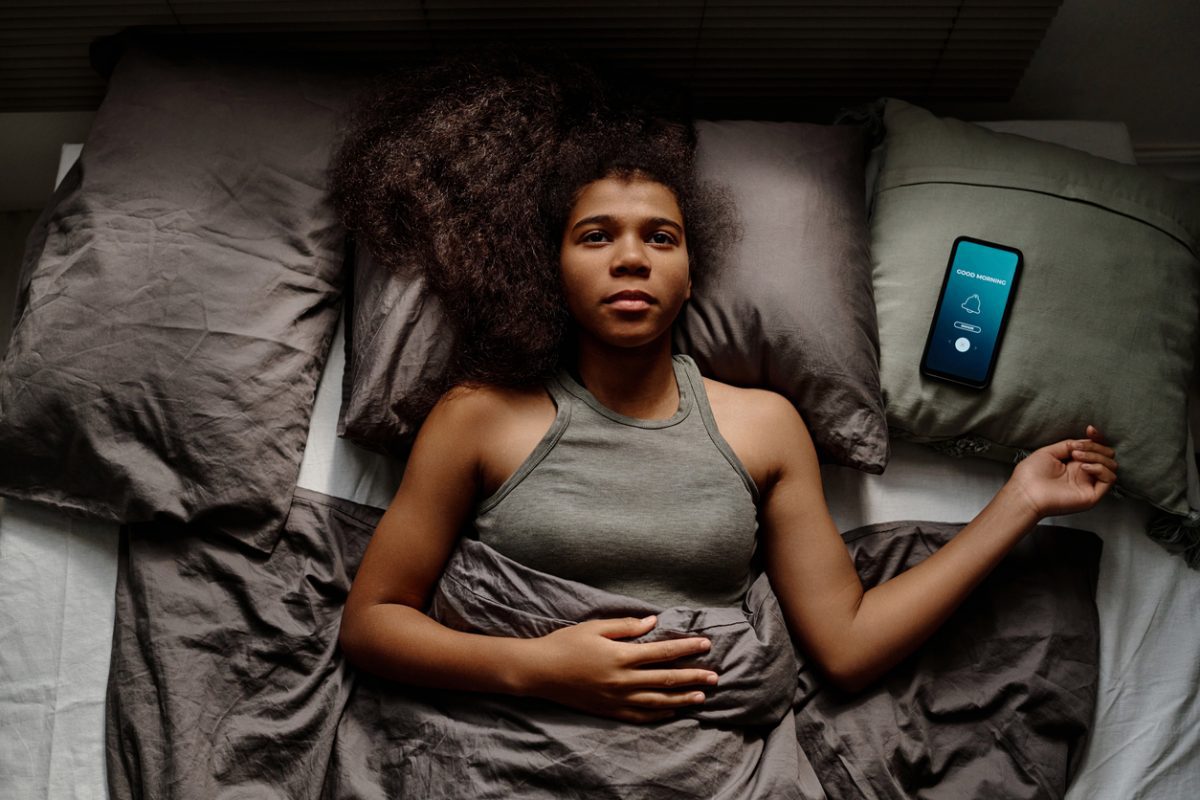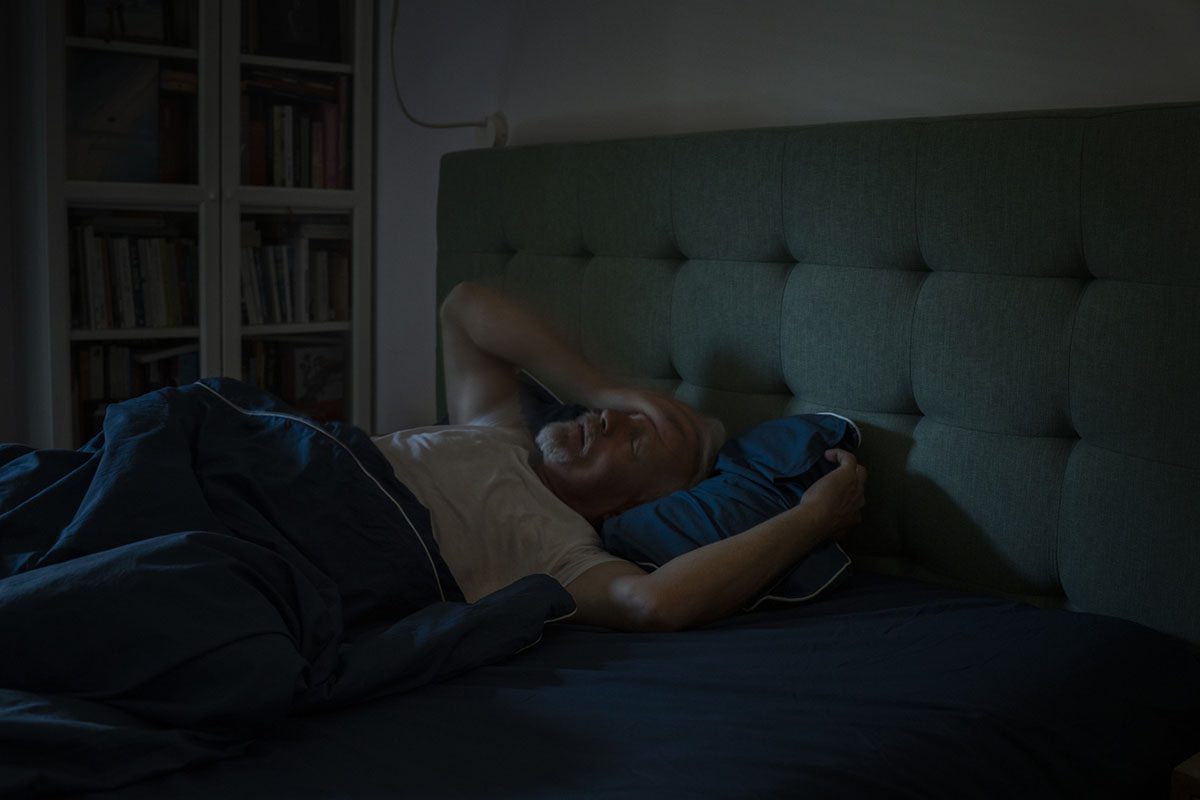Background: This study evaluated the riskfactors for obstructive sleep apnea in psychiatric patients.
Method: The subjects were 364 patients referredto a sleep disorders consultation service from an inpatientpsychiatric hospital. Seventy-eight percent underwentpolysomnographic testing. Rates of obstructive sleep apnea indifferent diagnostic groups (established by clinical DSM-III-Rdiagnosis) were retrospectively assessed.
Results: Logistic regression demonstratedsignificant independent effects of age (p = .046), gender (p =.002), body mass index (p < .001), and chronic neuroleptic use(p = .012) on the presence of obstructive sleep apnea (defined asmore than 20 instances of apnea and/or hypopnea per hour ofsleep). Patients with schizophrenia were significantly heavierand had higher rates of sleep apnea than did other psychiatricpatients.
Conclusion: Obesity, male gender, and chronicneuroleptic administration are risk factors for obstructive sleepapnea in psychiatric patients. Since patients with schizophreniaare often on long-term neuroleptic treatment, they may have highrates of obstructive sleep apnea, mediated via the weight gainproduced by such medications. Overweight psychiatric patients andthose on chronic neuroleptic treatment (e.g., patients withschizophrenia) should be evaluated for sleep apnea if signs andsymptoms of this disorder are present.
Enjoy this premium PDF as part of your membership benefits!





